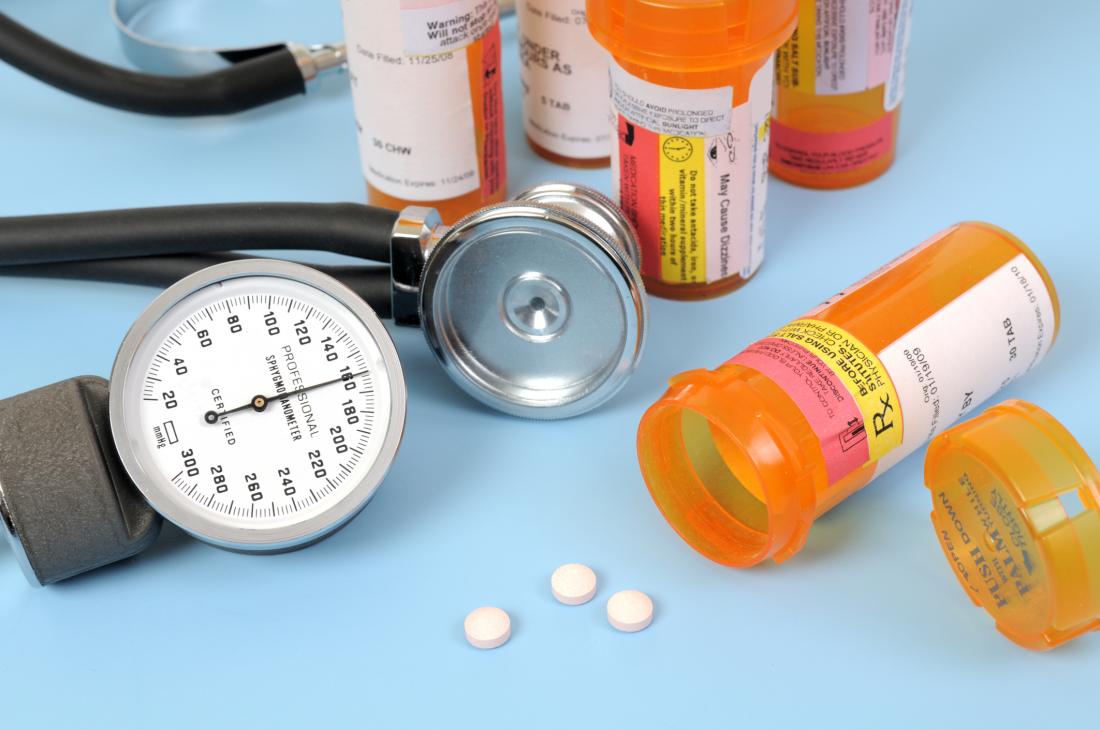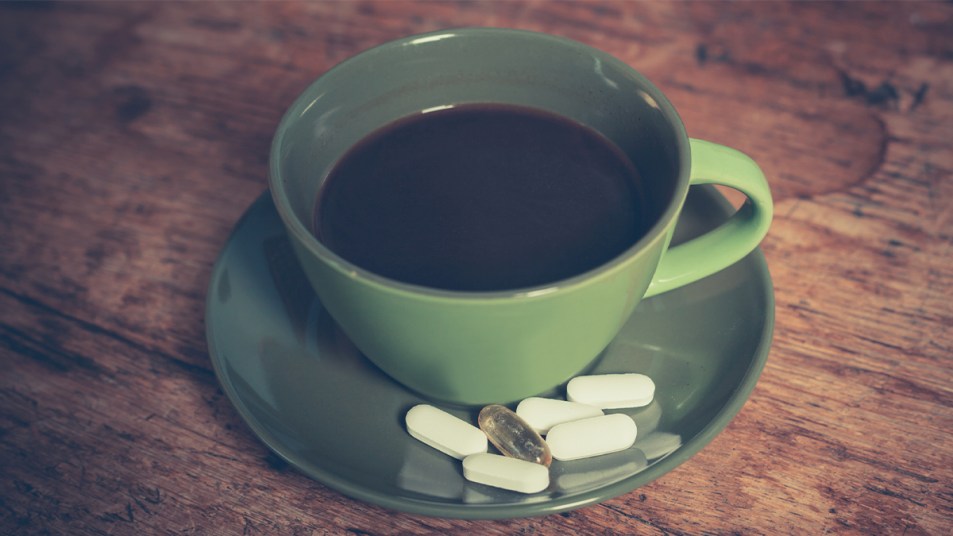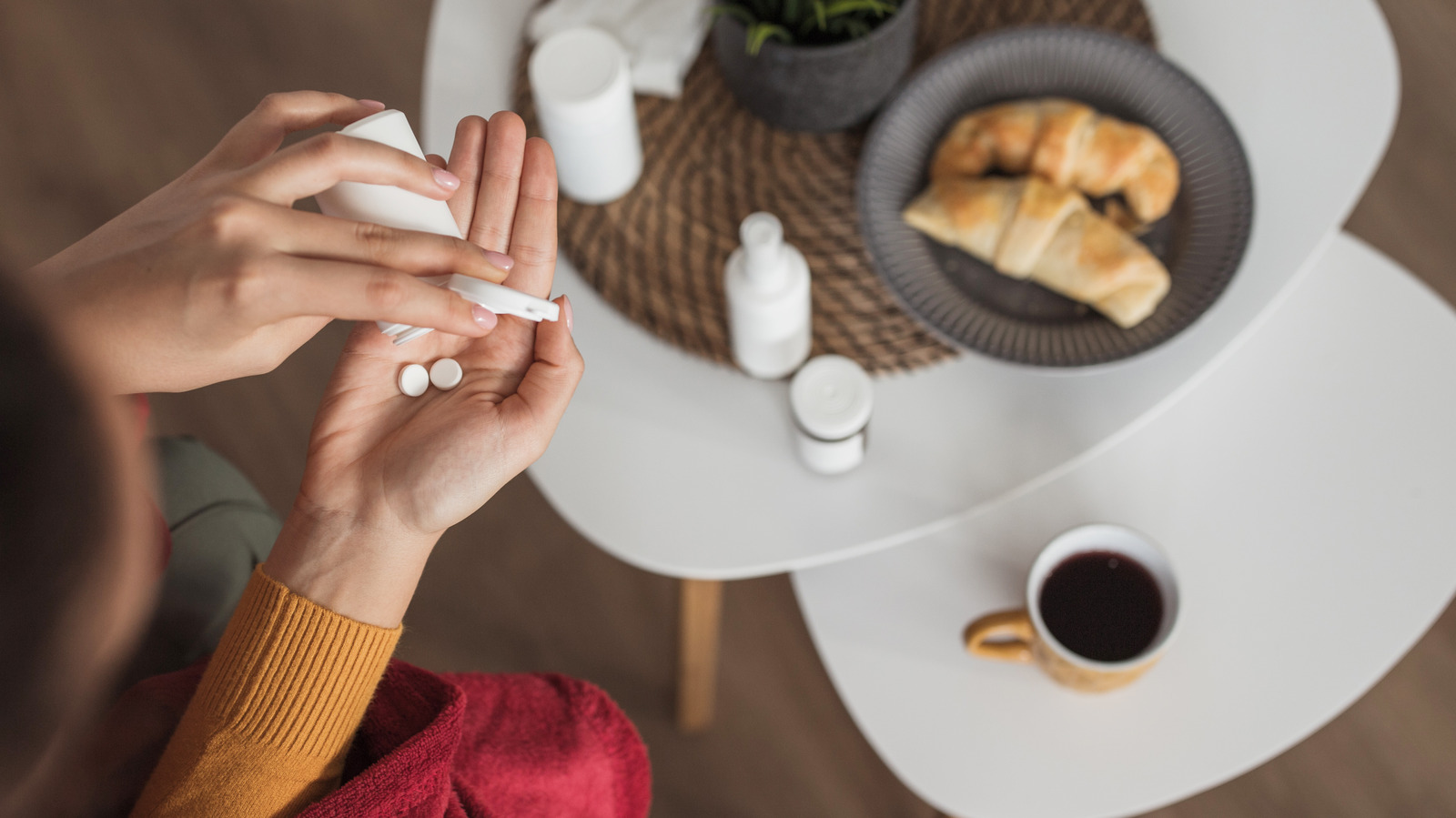“Discover 9 common medications that should never be taken with tea or coffee. Learn about potential interactions and ensure safe consumption with our guide.”
Tea and coffee are beloved beverages that many people rely on to start their day or stay alert. However, combining these caffeinated drinks with certain medications can lead to adverse effects and interfere with treatment. This guide explores nine common drugs you should never take with tea or coffee to ensure your health and medication efficacy.
1. Antibiotics
Detailed Explanation: Certain antibiotics, such as ciprofloxacin and levofloxacin, can interact with caffeine in tea and coffee. Caffeine may reduce the absorption of these antibiotics, potentially decreasing their effectiveness. Additionally, the stimulating effects of caffeine can exacerbate side effects like jitteriness and restlessness.
Example: The Journal of Clinical Pharmacology notes that caffeine can interfere with the absorption of specific antibiotics, leading to suboptimal treatment outcomes.
Recommendation: Take antibiotics with water and avoid consuming tea or coffee close to the time you take these medications.
2. Blood Pressure Medications
Detailed Explanation: Medications such as beta-blockers and ACE inhibitors can be less effective when combined with caffeine. Caffeine may counteract the effects of these drugs by increasing heart rate and blood pressure, which can complicate blood pressure management.
Statistic: Studies published in Hypertension have shown that caffeine can lead to significant increases in blood pressure in individuals taking antihypertensive medications.
Recommendation: Monitor your caffeine intake if you’re on blood pressure medication and consult your healthcare provider for personalized advice.

3. Anticoagulants
Detailed Explanation: Anticoagulants, such as warfarin and clopidogrel, can have their effectiveness reduced by caffeine. The combination can increase the risk of bleeding or clotting issues, as caffeine may interfere with the metabolism of these drugs.
Quote: “Caffeine can affect the pharmacokinetics of anticoagulants, leading to altered therapeutic outcomes,” warns Dr. Emily Clark, a pharmacologist at Mayo Clinic.
Recommendation: Avoid drinking tea or coffee when taking anticoagulants, or at least ensure a significant time gap between medication and caffeine consumption.
4. Antidepressants
Detailed Explanation: Certain antidepressants, especially SSRIs (Selective Serotonin Reuptake Inhibitors) like sertraline and fluoxetine, can interact with caffeine. Caffeine may exacerbate side effects such as anxiety and insomnia, potentially hindering the effectiveness of antidepressant treatment.
Example: Research published in Journal of Affective Disorders highlights that caffeine consumption can lead to increased anxiety and insomnia in patients taking SSRIs.
Recommendation: Limit caffeine intake and discuss any concerns with your healthcare provider if you are on antidepressants.
5. Anti-Anxiety Medications
Detailed Explanation: Benzodiazepines and other anti-anxiety medications can be less effective when taken with caffeine. Caffeine can counteract the calming effects of these medications, potentially leading to increased anxiety and reduced medication efficacy.
Statistic: According to Psychiatry Research, caffeine can diminish the effectiveness of anti-anxiety medications, exacerbating symptoms of anxiety.
Recommendation: Reduce caffeine intake or avoid it altogether if you are on anti-anxiety medications.

6. Thyroid Medications
Detailed Explanation: Medications used to treat thyroid disorders, such as levothyroxine, can have their absorption affected by caffeine. Caffeine may interfere with how well the body absorbs these medications, leading to inconsistent thyroid hormone levels.
Example: Studies in Endocrine Practice indicate that caffeine can reduce the absorption of levothyroxine, potentially affecting thyroid function.
Recommendation: Take thyroid medications with water and avoid consuming tea or coffee for at least an hour after taking them.
7. Diuretics
Detailed Explanation: Diuretics, which are often used to manage fluid retention and high blood pressure, can have their effects altered by caffeine. Caffeine may increase urine output, which can lead to dehydration and affect the efficacy of diuretic medications.
Quote: “Caffeine can act as a diuretic itself, potentially impacting the fluid balance and effectiveness of prescribed diuretics,” explains Dr. Sarah Green, a nephrologist.
Recommendation: Monitor fluid intake and consult your doctor about the appropriate use of diuretics in combination with caffeine.
8. Diabetes Medications
Detailed Explanation: Medications for diabetes, such as insulin and metformin, can be less effective when taken with caffeine. Caffeine can affect blood sugar levels, making it harder to manage diabetes effectively.
Statistic: Research in Diabetes Care shows that caffeine consumption can lead to increased blood glucose levels, complicating diabetes management.
Recommendation: Keep track of your blood sugar levels and discuss any potential interactions with your healthcare provider if you are using diabetes medications.
9. Gastrointestinal Medications
Detailed Explanation: Medications used to treat gastrointestinal issues, such as proton pump inhibitors (PPIs) and antacids, can interact with caffeine. Caffeine can increase stomach acid production and exacerbate gastrointestinal symptoms, reducing the effectiveness of these medications.
Example: Studies in Gastroenterology highlight that caffeine can interfere with the effectiveness of PPIs, leading to worsened symptoms of acid reflux.
Recommendation: Avoid consuming caffeine close to the time you take gastrointestinal medications to ensure optimal effectiveness.

Conclusion
Combining certain medications with tea or coffee can lead to interactions that affect your health and treatment outcomes. By being aware of these potential issues and making informed choices, you can ensure safer and more effective use of your medications. Always consult with your healthcare provider if you have concerns about how your medications interact with caffeine.
